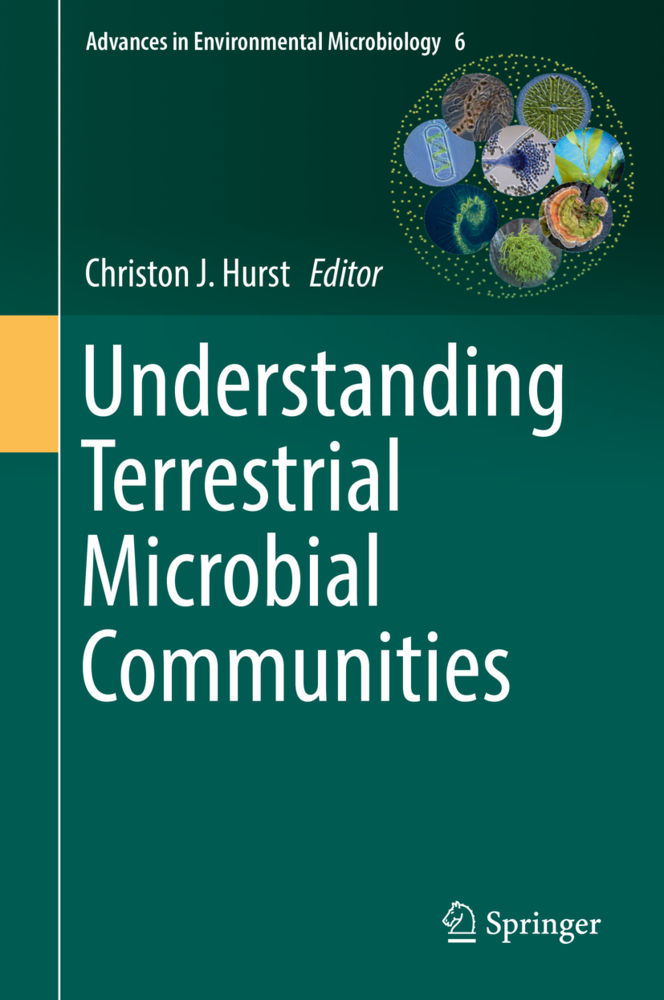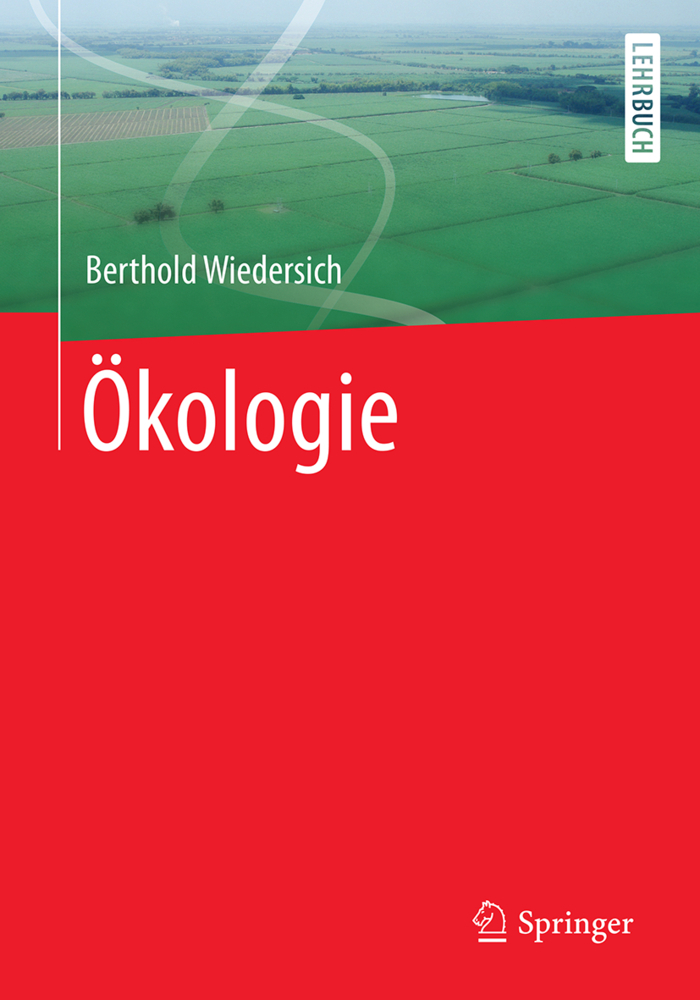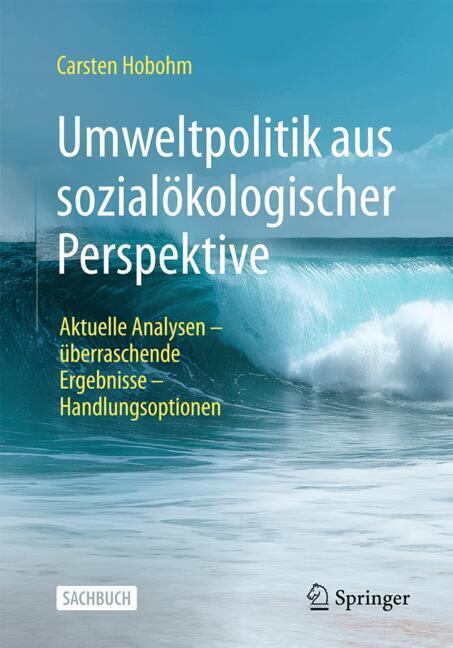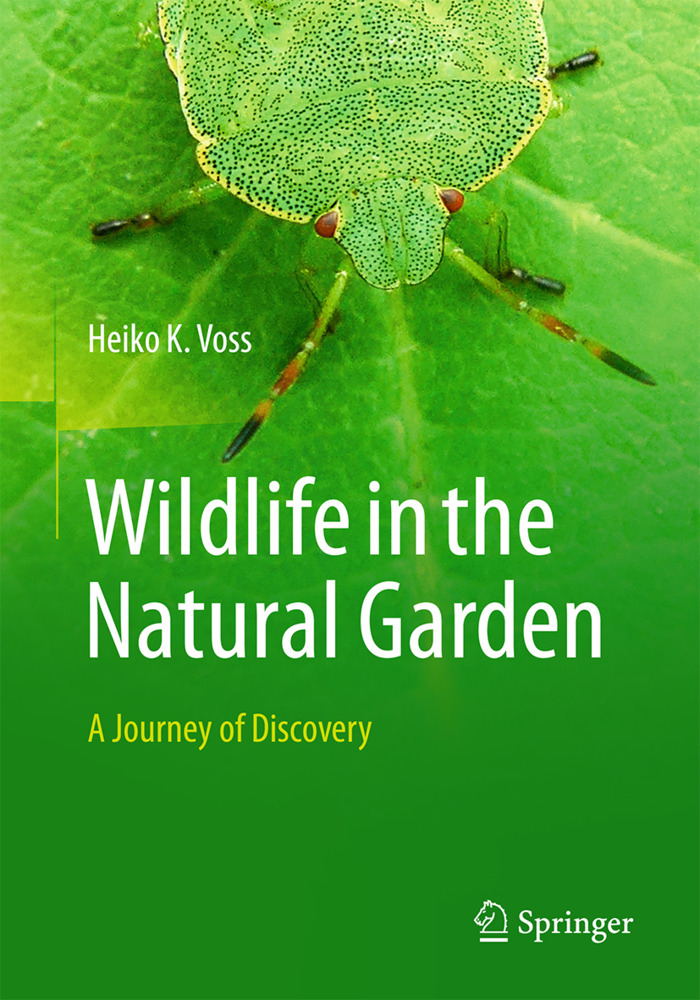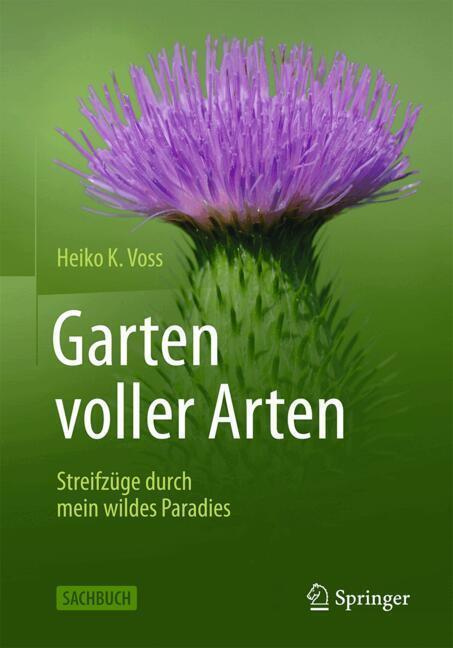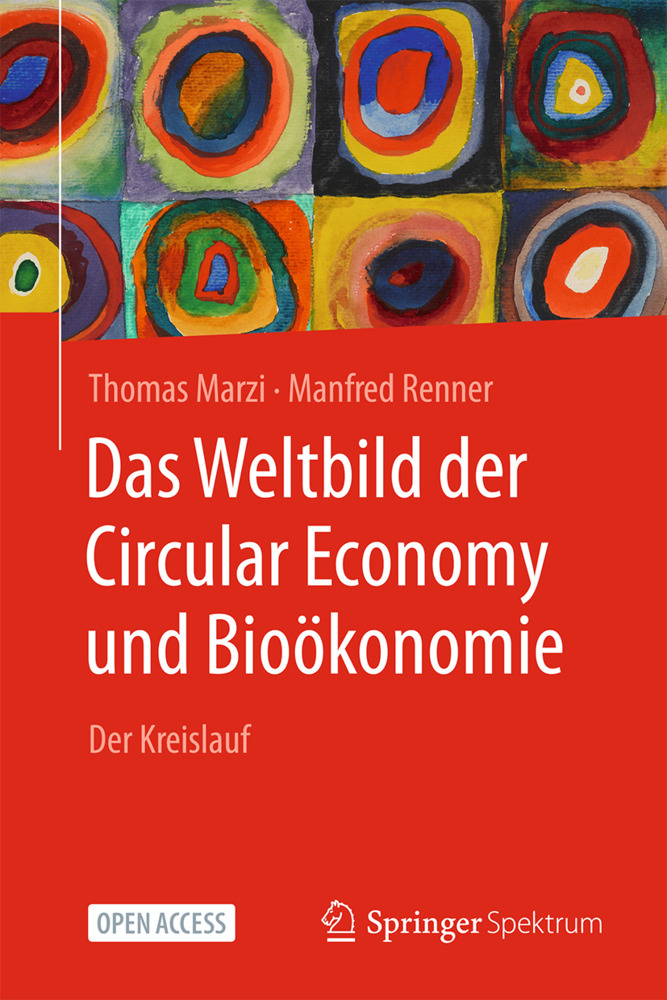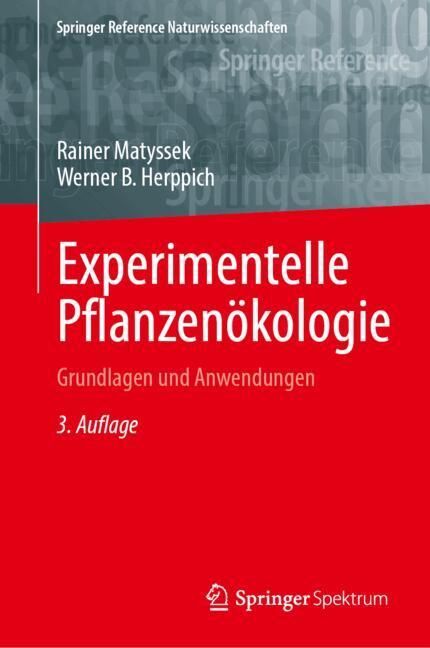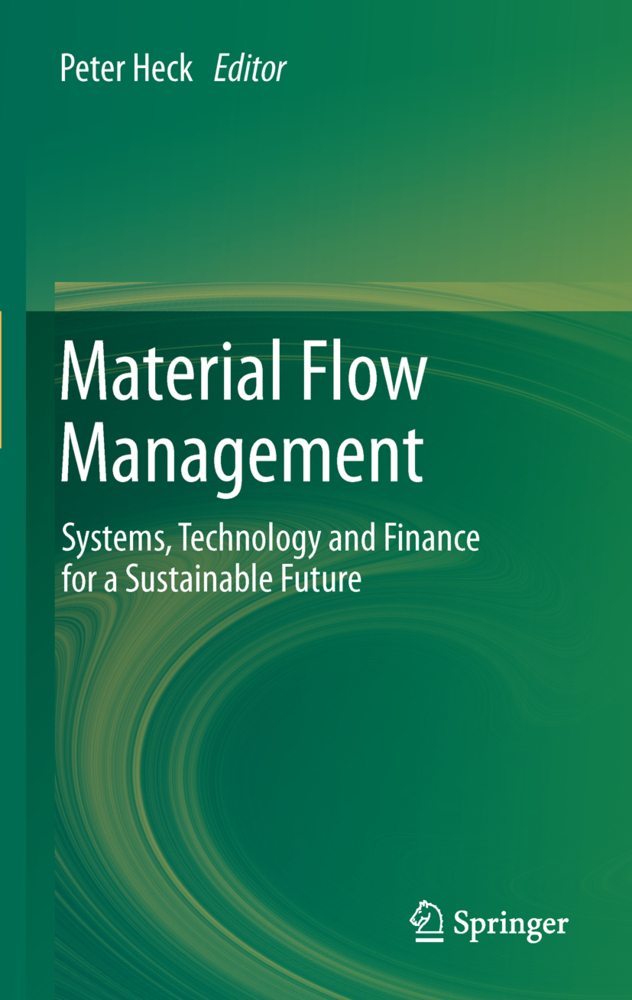Understanding Terrestrial Microbial Communities
Carbon Cycle Implications of Soil Microbial Interactions
Qualitative and Quantitative Aspects of the Modern Nitrogen Cycle
Integrating Soil Microbiology into Ecosystem Science
Environmental Systems Biology Approach to Bioremediation
Systems and Methods for Studying Microbial Processes and Communities in Landfills
Microbial Community Dynamics During the Composting Process of Animal Manure as Analyzed by Molecular Biological Methods
Effects of Land Use and Restoration on Soil Microbial Communities
Microbial Communities in Salt Marsh Systems and Their Responses to Anthropogenic Pollutants
Dirt and Disease: The Ecology of Soil Fungi and Plant Fungi that are Infectious for Vertebrates.
Hurst, Christon J.
| ISBN | 978-3-030-10775-8 |
|---|---|
| Artikelnummer | 9783030107758 |
| Medientyp | Buch |
| Auflage | 1st ed. 2019 |
| Copyrightjahr | 2019 |
| Verlag | Springer, Berlin |
| Umfang | 405 Seiten |
| Abbildungen | XIII, 405 p. 40 illus. |
| Sprache | Englisch |

